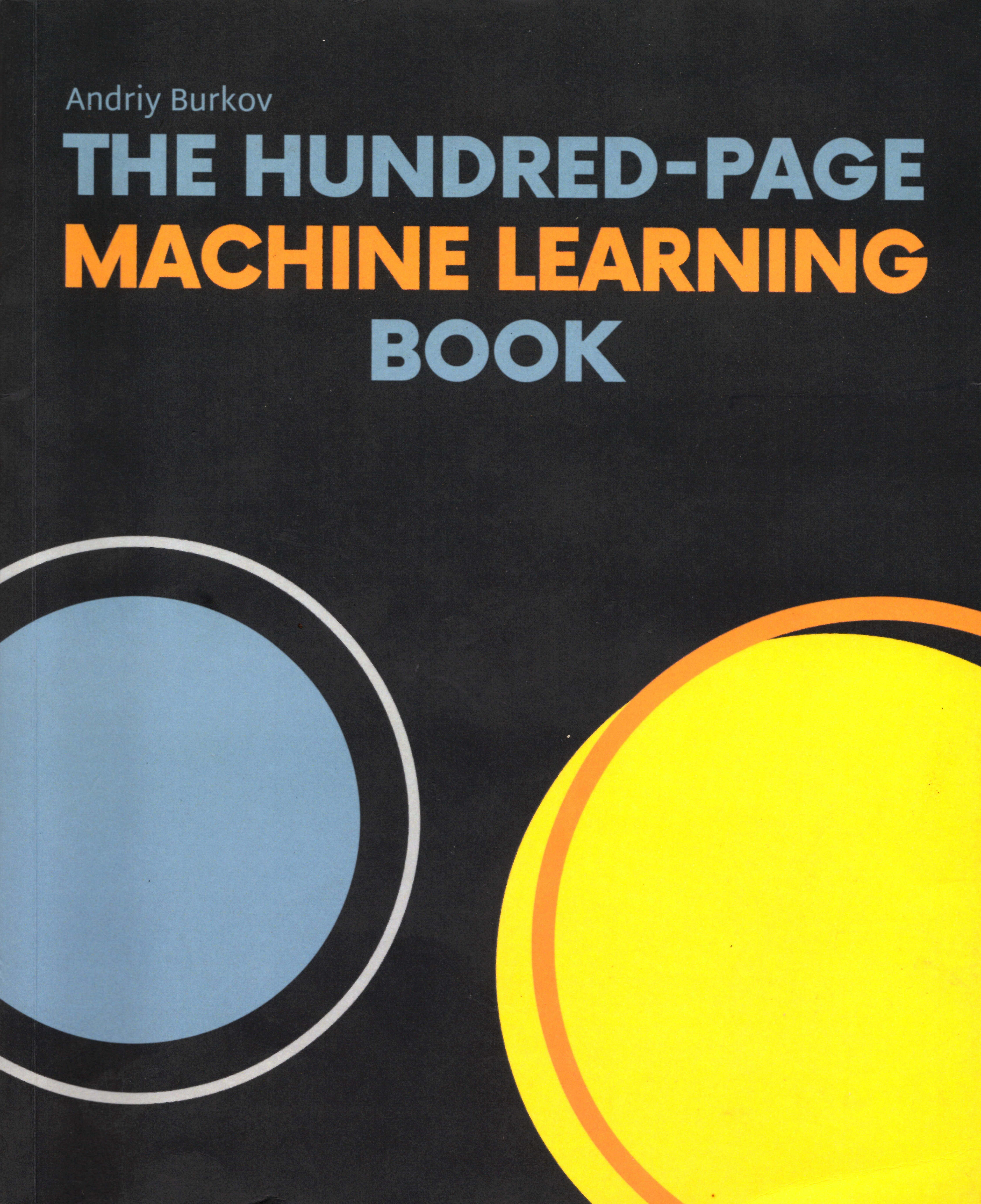
July 26, 2021
'The Hundred-Page Machine Learning Book' by Andriy Burkov
…any classification learning algorithm that builds a model implicitly or explicitly creates a decision boundary. The decision boundary can be straight, or curved, or it can have a complex form, or it can be a supersition of some geometrical figures.‘The Hundred-Page Machine Learning Book’ by Andriy Burkov, pg. 6
Machine Learning - It’s All About The Model
As I discussed in this episode’s podcast, regarding my reading of Andriy Burkov’s supremely brief, yet complex, book, ‘The Hundred-Page Machine Learning Book’, Machine Learning is all about the model. The ‘model’ is kind of like a mini brain that gets generated from training a Machine Learning (ML) data set with a given algorithm (like a Neural Network).
In fact, my very first programming examples leveraging ML capabilities were only possible because of the pre-trained models built by Amazon Web Services (AWS) in support of the ML services they offer, such as Alexa, their DeepLense platform and several others. Developing an Alexa Skill, for example, is a great way to start to get an introductory knowledge of how ML works, at least from an Application Programming Interface (API) perspective. Alexa Skill developers leverage highly complex ML Alexa models to create powerful Voice User Interfaces (VUI) that seem almost human-like.
In fact, Dream10x has an Alexa Skill that you can use to find and play episodes of our podcast. The link to the Alexa Skill is below in the links section.
Hello ML World
After reading Andriy Burkhov’s book, I decided to set out to see what the simplest ML program is I could develop to help illustrate the process, at least, for training an ML model from scratch. Thanks to Google and TensorFlow, I found a simple Python example that helped to answer a few lingering questions I have had on the topic. If interested, check out my GitHub Project to see how it works (link below).
OK, So What?
Thinking about how humans think and learn is imperative in defining the process for how machines learn…and vice versa. Human thinking and learning only stands to improve from the process. The wild card, in my mind, is how we define ‘intelligence’, which I contend wholely sets humans apart…for now.
Relevant Links
James Caple
BLOG
podcast learning deep learning neural networks andriy burkov machine learning artificial general intelligence artificial intelligence hot dog, no hot dog sillicon valley aws re:Invent